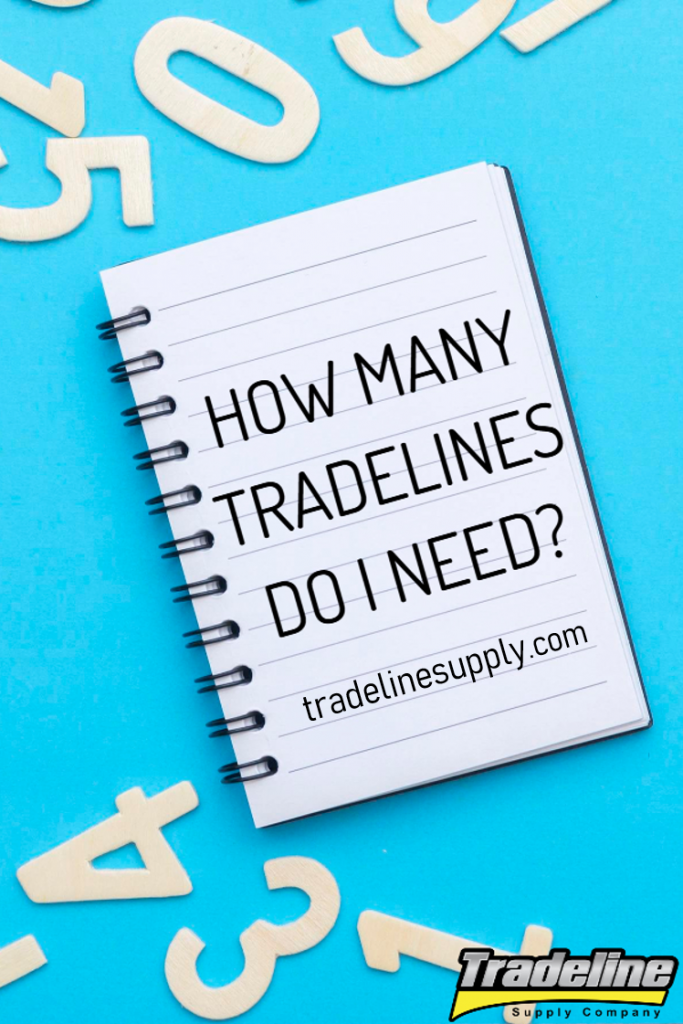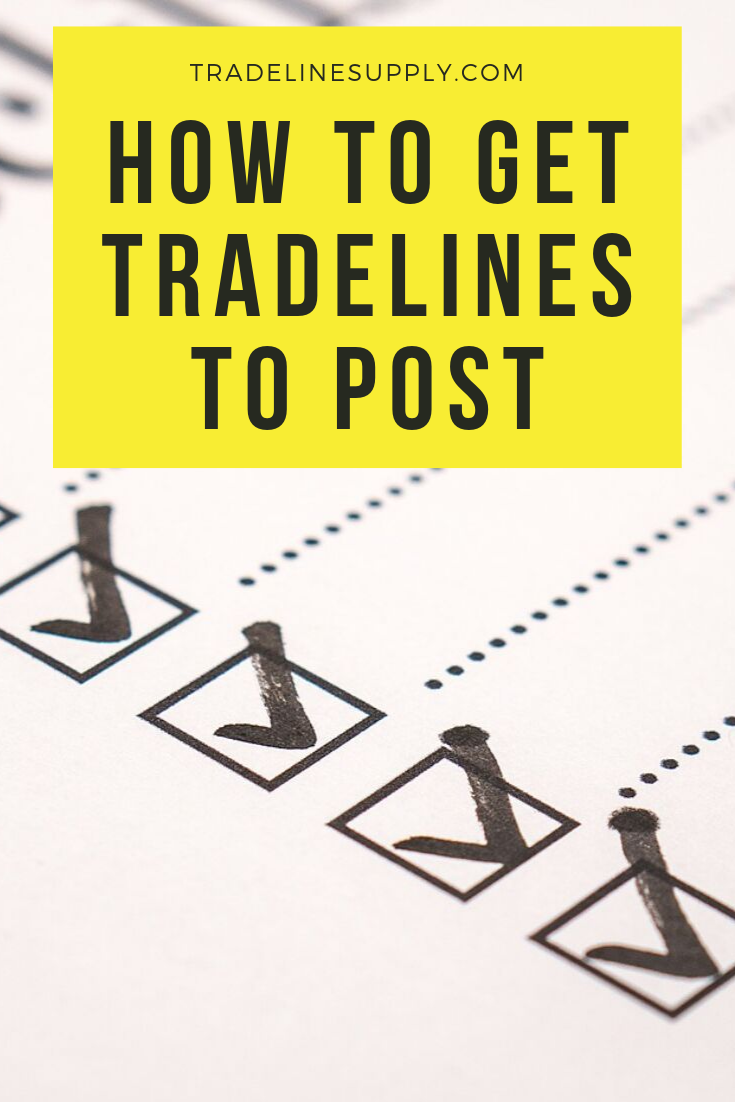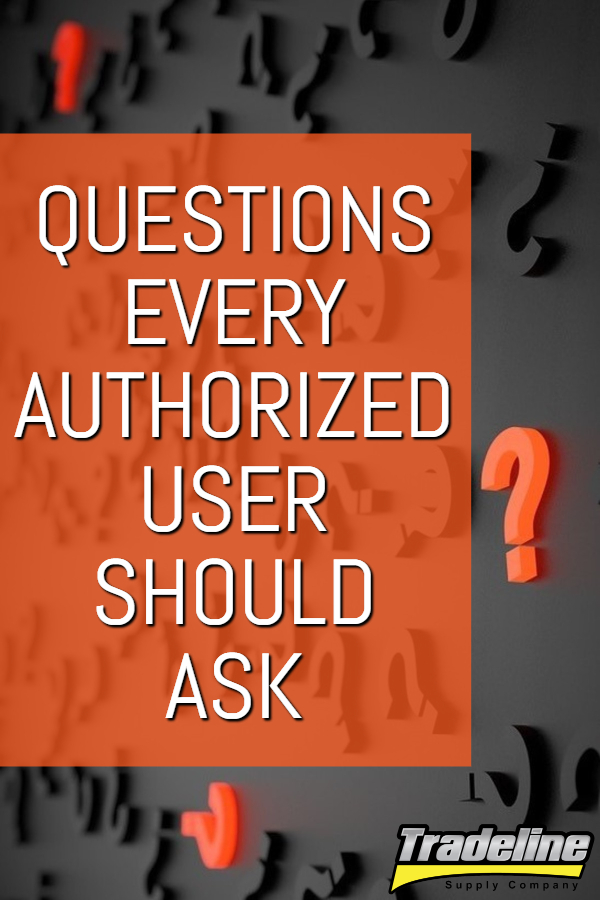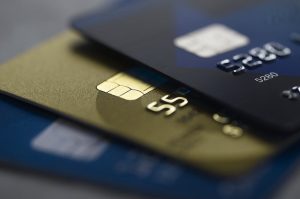How to Get Tradelines to Post
The worst thing that can happen after you buy tradelines is not seeing your tradelines post to your credit report. Hopefully, your tradeline company offers a money-back posting guarantee, but of course, it’s better to have your tradelines post successfully the first time around.
Fortunately, there are a few things you can do to make sure everything goes smoothly when you buy tradelines. Here are our pointers on how to get tradelines to post.
1. Remove all fraud alerts and credit freezes from your credit report
Fraud alerts, credit freezes, and any other types of blocks on your credit file prevent new information from being added to your profile. This includes authorized user tradelines. Therefore, if you have a credit freeze, fraud alert, or some other type of block on your credit file, your tradelines will not post.
Before buying tradelines, make sure to contact the credit bureaus to remove any fraud alerts, credit freezes, or other blocks on your credit report so that new AU tradelines will not be blocked. Ideally, it’s best to wait about 30 days after removing all blocks to make sure that your credit file is completely clear.
2. Plan ahead and purchase your tradelines in advance
Try to plan your tradeline purchase ahead of time so you don’t miss the purchase by date.
Each of our tradelines has its own reporting period and corresponding “purchase by” date, which is the date by which you must purchase the tradeline in order for it to report on time. The purchase by date is typically 11 days before the reporting period begins in order to allow enough time to process your payment and add you as an authorized user to the tradeline.
Therefore, if you wait too long and the purchase by date has already passed for the current month, your tradeline may not post until the next reporting period a month later.
For this reason, it’s best to plan your purchase ahead of time so that you can be sure to purchase your desired tradelines before the purchase by date. Those who wait until the last minute to buy tradelines are limited to the tradelines with the soonest purchase by date.
Alternatively, some people are in such a rush to get tradelines that they don’t even pay attention to the purchase by date, and they don’t realize that they may have just purchased a tradeline that is not due to post for another month.
In order to ensure that your tradelines post in a timely manner, make sure to purchase them before the purchase by date.
3. Consider buying more than one tradeline as a safety precaution
While we offer a money-back guarantee in the case of a non-posting, unfortunately, non-postings inevitably do happen from time to time due to incorrect reporting by the banks and credit bureaus, which we have no control over.

Additionally, when buying multiple tradelines for this reason, you may want to choose tradelines from a few different banks. That way, if there is a problem with one particular bank, it will not prevent the rest of your tradelines from posting.
4. Choose a tradeline company that only works with the best banks and has the highest posting success rate
When it comes to tradelines posting, not all banks are equally effective. Some banks report authorized user accounts much more reliably than others. In fact, we only work with a select few banks that we have rigorously tested and found to have the best posting success rates.
Almost all the other tradeline companies out there work with many more banks than we do, which may sound like a good thing, until you consider the fact that most of these banks don’t report authorized user tradelines very well. Therefore, if you buy tradelines from these companies, there is a much higher chance of your tradelines not posting.
You’ll want to stick with the most reliable banks and tradeline companies to minimize your risk of a non-posting occurring.
5. Avoid buying tradelines from banks you may be blacklisted from
Sometimes, banks may “blacklist” certain customers that have a derogatory history with them, such as bankruptcies or collection accounts. If you have been blacklisted from working with a particular bank, this could prevent any tradelines from that bank from posting to your credit file, so you would want to choose tradelines from other banks to ensure successful posting.
If you are not sure about your status with a bank, but you have a collection or bankruptcy with them, it’s a good idea to avoid that bank as a precaution.
6. Use the correct address that is on file with the credit bureaus
Make sure to use the correct address when ordering tradelines.
The banks and credit bureaus use certain data points to verify the identity of the authorized user, and one of the most important data points is the AU’s address.
If you do not use the correct address that you have on file with the credit bureaus, they may not be able to match the tradeline with your credit profile, and this can prevent the tradeline from posting.
Before buying tradelines, check your credit report with each credit bureau to verify that they have your correct address on file, and be sure to use this same address when placing your tradeline order.
7. Avoid “address merging”
As we mentioned, most tradeline companies sell tradelines from many different banks, including banks that don’t report AU data very well. Because tradelines from those banks don’t post well, most companies engage in a questionable practice called “address merging” to try to get the tradelines to post more often.
Address merging is the practice of falsely claiming that the authorized user lives at the same address as the primary cardholder. This allows the account to be matched up to the AU using the shared address as an identifying data point.
While this strategy may improve their posting rates, we do not recommend this dangerous tactic, because lying about one’s address for financial gain is considered fraud and it could get you in trouble with the law.
It is important to be aware that some companies may be doing this without your knowledge and some may not even realize that they are getting their clients involved in fraud. When choosing a tradeline company, keep in mind that if they sell tradelines from a lot of different banks, it is likely that they participate in address merging.
Instead of getting involved in the risky practice of address merging, follow all of the other steps in this article to increase the odds of your tradelines posting as much as you can.
8. Triple-check your order information for errors before submitting your order
Before finalizing your purchase, go over your information again and make sure it’s free of errors.
While your address is a particularly important data point when it comes to the credit bureaus, it’s also important to make sure the rest of your personal information is correct when placing your tradeline order.
Unfortunately, some people submit their orders with typos or misspellings, and each error increases the odds that something could go wrong.
For example, sometimes people even enter their own name incorrectly! Obviously, if the name you provide with your order is not your actual name, then that can definitely increase the chances of your tradeline not posting because the credit bureaus may not be able to match the tradeline to your credit file.
There’s nothing more frustrating than having a non-posting occur simply due to a preventable user error. To ensure this doesn’t happen to you, before placing your order, look over your information and double- and triple-check it for accuracy.
We hope these tips on getting tradelines to post were helpful to you! Let us know what you think by leaving a comment below.
Read more: tradelinesupply.com













